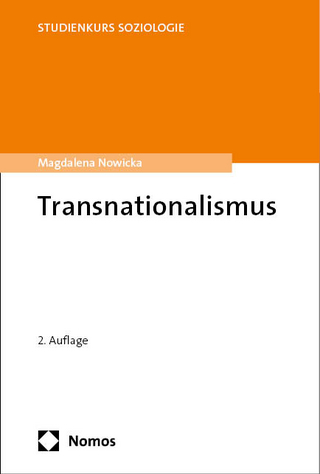Conceptualizing Germany's Energy Transition
Palgrave Pivot (Verlag)
978-1-349-70075-2 (ISBN)
Lese- und Medienproben
- Keine Verlagsinformationen verfügbar
- Artikel merken
Ludger Gailing is deputy head of the research department of Institutional Change and Regional Public Goods at the Leibniz Institute for Research on Society and Space (IRS), Germany. In his work he draws on concepts relating to governance and institutional theories, constructivist perspectives on space and place, governmentality and socio-materiality. Current research foci include energy transitions and landscape policies. Timothy Moss is head of the research department of Institutional Change and Regional Public Goods at the Leibniz Institute for Research on Society and Space (IRS), Germany. His research interests span the governance of urban infrastructures past and present, the spatial organization of water and energy and the institutional dynamics of resource use in cities and regions.
Chapter 1: Introduction; Timothy Moss and Ludger Gailing.- Chapter 2: Germany's Energiewende and the spatial configuration of an energy system; Ludger Gailing and Andreas Rohring.- Chapter 3: Energy transitions and institutional change: between structure and agency; Soren Becker, Ross Beveridge and Andreas Rohring.- Chapter 4: Energy transitions and materiality: between dispositives, assemblages and metabolisms; Timothy Moss, Soren Becker and Ludger Gailing.- Chapter 5: Energy transitions and power: between governmentality and depoliticization; Andrea Bues and Ludger Gailing.- Chapter 6: The importance of space: towards a socio-material and political geography of energy transitions; Soren Becker, Timothy Moss and Matthias Naumann.- Chapter 7: Conclusions and outlook for future energy transitions research; Ludger Gailing and Timothy Moss.-
| Erscheinungsdatum | 03.03.2016 |
|---|---|
| Zusatzinfo | 3 black & white illustrations, 5 black & white tables, biography |
| Verlagsort | Basingstoke |
| Sprache | englisch |
| Maße | 148 x 210 mm |
| Themenwelt | Sozialwissenschaften ► Politik / Verwaltung ► Europäische / Internationale Politik |
| Sozialwissenschaften ► Politik / Verwaltung ► Politische Systeme | |
| Sozialwissenschaften ► Soziologie ► Spezielle Soziologien | |
| Technik ► Elektrotechnik / Energietechnik | |
| Schlagworte | bioenergy regions • depoliticizaation • discursive insitutionalism • Energiewende • energy efficiency • Energy Infrastructure • Energy transitions • Governmentality • Path Dependency • Political Geography • remunicipalization • Waste-to-energy • wind energy development |
| ISBN-10 | 1-349-70075-4 / 1349700754 |
| ISBN-13 | 978-1-349-70075-2 / 9781349700752 |
| Zustand | Neuware |
| Haben Sie eine Frage zum Produkt? |
aus dem Bereich



